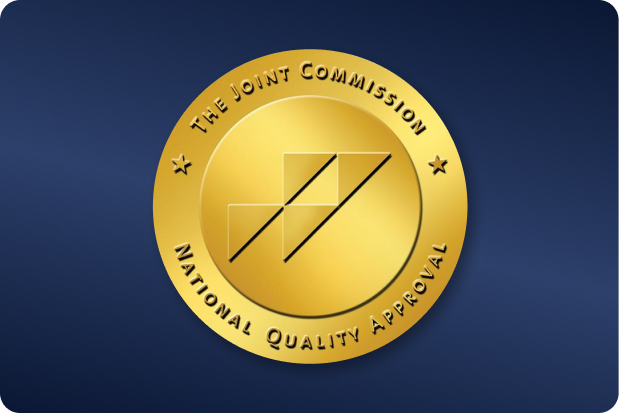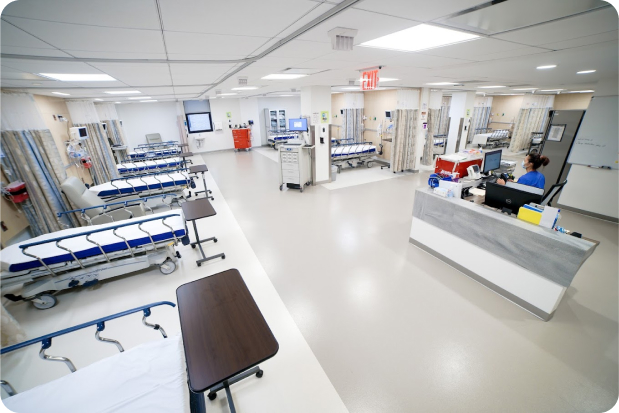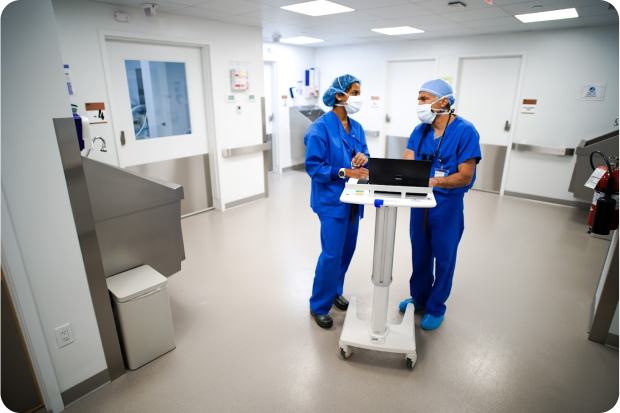 OUR LOCATIONS
Same-day Appointments Book OnlineCall to book 201.523.9590
OUR LOCATIONS
Same-day Appointments Book OnlineCall to book 201.523.9590
 OUR LOCATIONS
Same-day Appointments Book OnlineCall to book 201.523.9590
OUR LOCATIONS
Same-day Appointments Book OnlineCall to book 201.523.9590
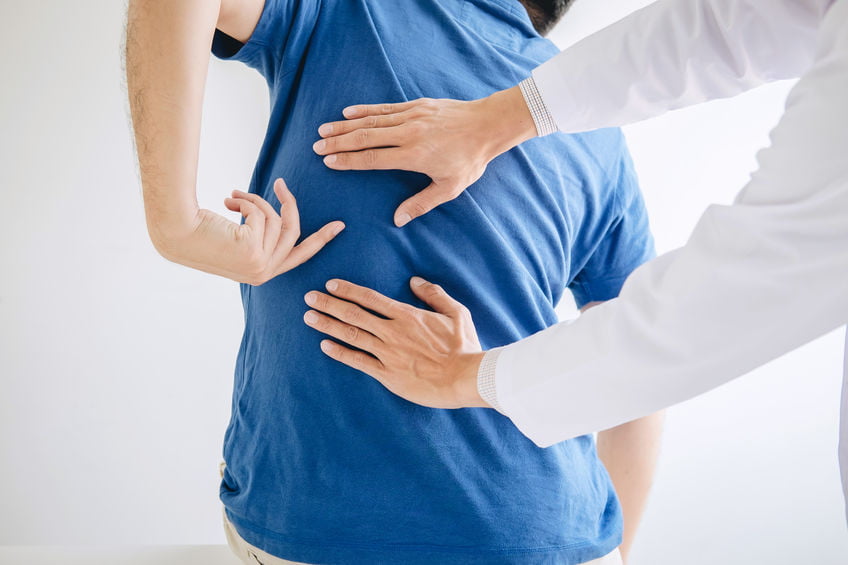
Back pain is one of the most common medical concerns that affect patients around the world. While most back injuries can heal on their own after six weeks, some instances of back pain can actually indicate a serious illness that requires emergency treatment.
So how do you know whether it’s time to visit urgent care for your back pain? If your back problem does not have an unexplained cause and is accompanied by certain symptoms, then you should consult with a medical professional as soon as possible. Some signs to watch out for are:
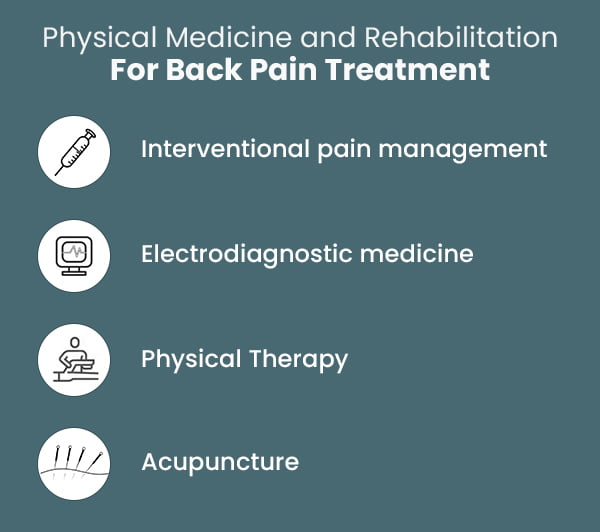
Lower back pain is reported as the second most common reason for a medical visit in the US. It’s a condition that not only affects athletes but also individuals who have improper posture or perform a lot of strenuous activities, such as gardening and housework. Patients who are 20 to 40 years old are most commonly affected.
In some cases, back pain begins after an injury and medical attention is needed to care for the spine. However, other symptoms may arise that indicate the back pain isn’t an isolated problem and may be related to other illnesses or conditions. Here are six signs that you may need to visit urgent care for your back pain:
Incontinence is described as a lack of voluntary control over your urinary or rectal functions. If you find yourself often rushing to the bathroom due to certain accidents, you may have a condition that needs immediate attention.
Aside from incontinence, you may also be experiencing pain in that area. Incontinence coupled with pain in the lower back that wasn’t caused by a direct injury could indicate a variety of illnesses or conditions. It could be a sign of a ruptured aorta or an abdominal aneurysm. Some studies also suggest that back pain and incontinence are due to weight gain and sedentary lifestyles caused by chronic illnesses.
A kidney stone may also cause intense back pain and spasms or bleeding when you urinate. If you feel severe, sharp pain on your sides and back that radiate towards the lower abdomen or groin, it may be because the kidney stone is trying to pass through the ureter.
Another rare but serious condition you may have if you’re experiencing back pains and incontinence is the cauda equina syndrome (CES). CES occurs when the nerve sac on the lower end of the spine has been severely compressed and paralyzed. The nerves that control the urine and stool become damaged, rendering them unable to function properly. Other signs of CES include weakness, numbness, or tingling in your legs.
Visit a hospital if you continue to notice incontinence, numbness, and debilitating pain in your body.
Sudden leg weakness is the most commonly reported back pain symptom which can indicate serious complications. Aside from back pain and leg weakness, you may also experience numbness, tingling, or even severe pain. For some patients, the pain of their legs leaves them unable to walk, even without an evident injury.
It is especially serious if the pain begins to spread to other areas of the body. Waste no time in seeking medical help once this happens as it could be a sign of a stroke. Leg weakness is usually caused by compressed nerves, leading to CES, sciatica or spinal stenosis.
Leg weakness does not always equal a medical emergency but it’s always best to call your healthcare provider if other symptoms arise.
Localized back pain will rarely migrate to the stomach so experiencing both abdominal pain and back pain at the same time is a cause for concern. Your abdomen houses several critical organs such as your stomach, liver, and intestines so if there is no obvious cause for a sudden onset of back pain, you should seek medical help.
When stomach and back pains occur at the same time, it could indicate severe issues like internal bleeding or cancer. An ordinarily healthy patient should also pay attention if they have unexplained or unexpected weight loss because these may indicate either a cancerous tumor or an infection on the spine. Tumors that press on the spine can affect your stomach and make you lose your appetite.
Abdominal pain coupled with back pain are also alarming symptoms of abdominal aortic aneurysm. The aorta is the main artery that keeps the body alive. It runs from your heart to the abdomen so when it ruptures, it feels like an intense stomach ache. Abdominal aortic aneurysm is a life-threatening condition that demands emergency care from a hospital.
When you ask older people how their backs are, they will most likely complain about a dull ache here and there. Even younger patients may mention back discomfort especially after doing strenuous activities or exercises. Despite how limiting back pain can be, most people can still function and go through their daily lives. Ordinary back pain from overuse or a minor injury will always feel better after some rest.
In some patients however, the pain can be debilitating or crippling. If you can barely roll out of bed, experience trouble doing simple tasks, or can hardly sleep at night due to the pain, you should definitely see a physician. Take note of other signs such as fever, weakness, numbness, loss of appetite, or radiating pain that travels from the back towards the legs and gluteal muscles.
Debilitating back pain can be caused by various conditions: a spinal sprain, spine infection, disc degeneration or even a tumor. Your physician may order tests like blood work, x-ray, or an MRI scan to form a proper diagnosis.
Average healthy adults may experience back pain regularly, but this can be made manageable with a good, long rest. But it’s a greater cause for concern if a sharp pain comes on suddenly, even if you haven’t been engaged in any rigorous activity. For some patients, this may happen after an accident like when they lift something heavy and pull a muscle.
However, it could be a serious problem if this sharp pain doesn’t disappear after a few days. Likely causes for this problem include torn back muscles or ligaments, injury to the spinal cord, or a problem with an internal organ located in the back or on the sides of the body. Emergency care at a hospital may be needed to address the underlying problem.
Back pain coupled with numbness or tingling should never be ignored. These are neurological signs that indicate nerve irritation or damage. A pins-and-needles sensation along the groin, gluteal muscles, and legs should be reported to your doctor at once.
The loss of sensation on the lower half of the body is also called saddle anesthesia, which occurs where there is significant spinal damage or when one or more lumbar nerves are injured. A patient may end up paralyzed if the condition is not treated in time. Should you experience any loss of sensation, waste no time and visit the emergency room of your hospital.
Urgent care allows doctors and specialists to monitor patients for illnesses and conditions that are not necessarily life threatening. If you want to be absolutely sure that your back pain is not a cause for concern, visit The Spine & Rehab Group.
Our doctors are board-certified spine and pain specialists with over 15 years of experience. We aim to provide our patients quick, accessible, and excellent care to help them with their pain. Schedule an appointment with us at any of our New York clinics today.
